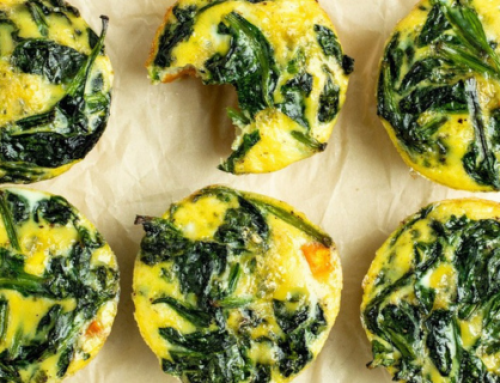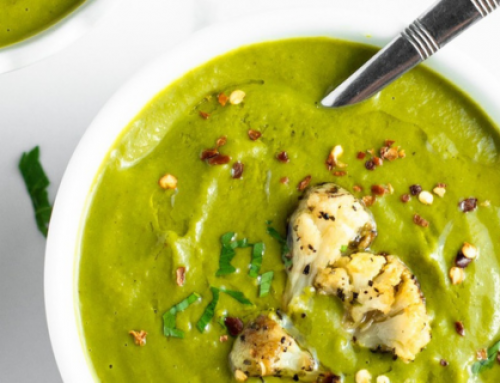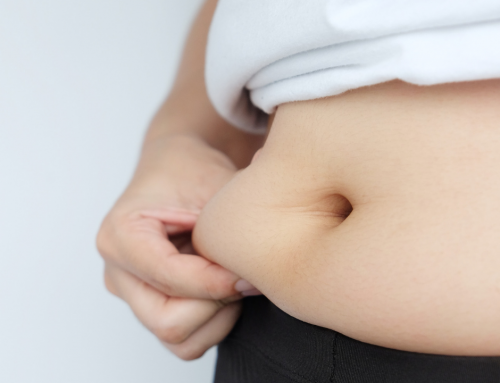This is Not About New Year Resolutions
Over the past week in clinic, there has been an overwhelming theme of change. Usually, this is the time of year where we make our obligatory New Year resolutions, which don’t always come to fruition. As many of us have time off over this time of year, I like to use it as an opportunity to practice new routines which will bring positive change before the working year begins.
From December through to February we are bombarded with posts and articles on expensive detox and weight loss diets. However, there is plenty you can do and achieve without spending lots of money on magic pills and potions.
Here are a few basic tips and principles to support your health and wellbeing.
If digestion is weak and sluggish due to overindulgence over Christmas, try beginning your day with 1 tsp of apple cider vinegar in a ½ glass of water 20 minutes before meals to help stimulate digestion. Apple cider vinegar helps to stimulate the release of digestive acid, in turn assisting in the breakdown of food (Tweed 2014). This is a traditional remedy for symptoms such as wind, bloating and that feeling of ‘food just sitting in the gut.’ Apple cider vinegar can also be beneficial when you have an upset stomach. This is a really easy way to support good digestion.
Chew Your Food!
Sounds obvious, doesn’t it? However you would be surprised how many of us ‘inhale’ our food. Digestion begins before we even put food into our mouth, this involves the thought, preparation and smell of food which gets the digestive system working. Research indicates, thinking about food stimulates gastric secretion in healthy humans, as does the sight and smell of food (Feldman & Richardson 1986). So make sure you enjoy preparing your meals, sit down to eat and chew your food thoroughly.
Pineapple
Pineapple contains a naturally occurring digestive enzyme, bromelain, powerful for protein digestion. Bromelain is especially useful in conditions such as indigestion and intestinal disorders. Pineapple is a delicious treat this time of year, try having it for breakfast, added to a salad or enjoy as is.
Movement
Start incorporating movement into your life, primarily if your work entails sitting behind a desk and hours commuting in traffic. Whatever works for you, walking, running, Pilates, swimming; movement and exercise is paramount for good health and a sense of wellbeing. Your heart pumps blood around your body irrespective of whether you move or not. However the lymphatic system relies on you moving, so if you feel sluggish and feel the need to detox…exercise. Begin slowly with half an hour a day, then increase as you feel confident. Aim for four sessions a week of 45 minutes.
Start a meal diary
It is interesting when I get patients to write down what they eat for a week. There is often the realization that they either are not meeting the nutritional demands required or they find they are snacking more than they thought, consuming more sweets and not drinking enough water. When we write out what we consume daily we take responsibility and recognize our daily habits, only then can we change them.
Write out what you eat and drink daily, noting any signs and symptoms you feel after you eat, such as headaches, nausea, wind and bloating; and start to make positive changes.
Back to Work
Before you go back to work, plan your meals, especially your breakfast and lunches. Doing this reduces the temptation to buy fast food. Take leftovers from dinner the night before; this weather is perfect for salads; remember to add a source of protein such as chicken, fish, tofu, legumes nuts, and seeds. I have a few go-to blogs for recipe ideas…
http://www.greenkitchenstories.com/recipe-index
http://www.thenaturopathskitchen.net.au
I hope this provides you with some ideas to get you ready for 2018. I would love to hear some of your ideas!
To book an appointment with Libby Shaw at ReMed Natural Medicine Clinic Lower Plenty, phone 1300 1REMED or 1300 173 633 or book online via our website
References
Feldman, M & Richardson, C 1986, ‘Role of thought, sight, smell, and taste of food in the cephalic phase of gastric acid secretion in humans’, Gastroenterology, vol. 90, no.2, pp. 428-433,
http://www.sciencedirect.com/science/article/pii/0016508586909431
Tweed, V 2014, ‘Can’t Stomach it?’, Better Nutrition, vol.76, no. 12, pp. 24-26






